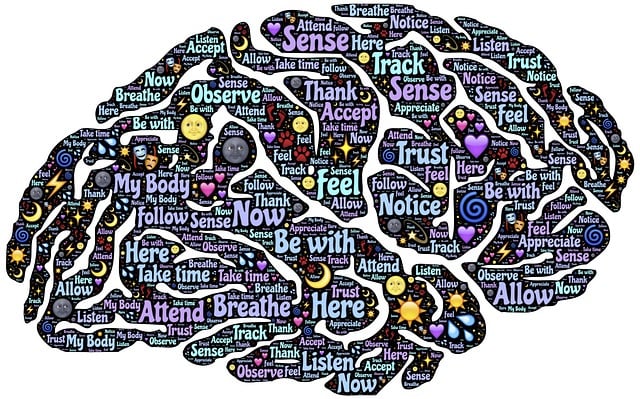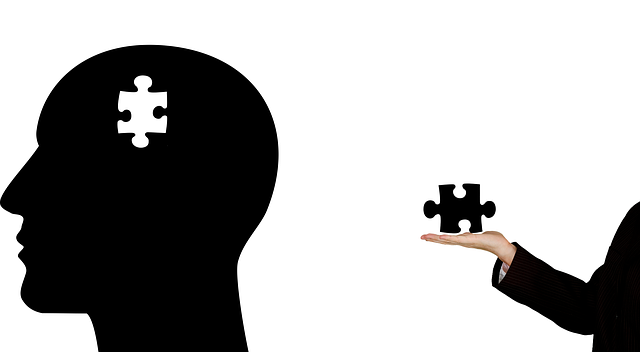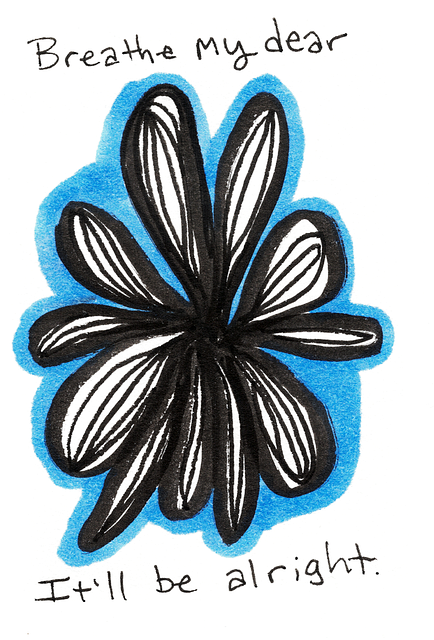Anxiety among young adults (18-35) is a growing concern, influenced by academic pressure, career uncertainty, social expectations, and technological stress. Effective therapy requires understanding these unique challenges. Group facilitation is a powerful tool, creating safe spaces for sharing experiences and building empathy. Engaging techniques like interactive activities, art/music therapy, role-playing, and discussions enhance self-awareness, confidence, and peer support. Mindfulness exercises, breathing techniques, and positive affirmations empower individuals to manage anxiety. Normalizing mental health conversations strengthens group bonds, fostering healing and growth in Therapy for Young Adults Anxiety groups.
Mental wellness group facilitation plays a pivotal role in supporting young adults grappling with anxiety, offering a safe and engaging environment for healing. This article delves into the art of facilitating therapeutic groups tailored to this demographic, addressing their unique challenges. We explore strategies such as active listening, experiential exercises, and creating structured yet flexible routines. By examining these techniques, mental health professionals can enhance their skills in providing effective therapy for young adults anxiety.
- Understanding Young Adult Anxiety: Unveiling the Challenges
- The Role of Group Facilitation in Mental Health Support
- Engaging Techniques to Foster Connection and Healing
- Creating a Safe Space: Strategies for Effective Group Sessions
Understanding Young Adult Anxiety: Unveiling the Challenges

Anxiety among young adults is a prevalent issue that often goes unnoticed or unaddressed. This demographic faces unique challenges, with stressors ranging from academic pressures and career uncertainty to social expectations and technological overwhelm. Many young people struggle with anxiety for extended periods, which can significantly impact their mental health awareness and overall quality of life. Understanding the nuances of this age group’s anxiety is crucial in facilitating effective therapy for young adults’ anxiety.
Empathy building strategies play a pivotal role in helping them feel heard and understood. Facilitators should employ mental health awareness campaigns to destigmatize conversations around anxiety, encouraging open dialogue. By combining these approaches with mind over matter principles, facilitators can empower young adults to develop coping mechanisms that enhance their resilience and overall well-being.
The Role of Group Facilitation in Mental Health Support

Group facilitation plays a pivotal role in enhancing mental health support for young adults grappling with anxiety and related issues. Through structured group sessions, facilitators create safe and supportive environments where individuals can share their experiences, fostering a sense of belonging and understanding. This dynamic approach to therapy empowers participants by encouraging peer-to-peer learning and the exchange of coping strategies. By employing techniques such as compassion cultivation practices, group members cultivate empathy and kindness towards themselves and others, which is particularly beneficial for those dealing with anxiety and its associated social withdrawal.
Moreover, cultural sensitivity in mental healthcare practice is integral to effective group facilitation. Recognizing and accommodating diverse backgrounds ensures that interventions are inclusive and relevant to all participants. Incorporating cultural nuances into therapy sessions can significantly impact engagement and outcome, especially when addressing issues like depression prevention among young adults from varied ethnic and social contexts. This tailored approach not only enhances the effectiveness of mental health support but also promotes long-term resilience in this vulnerable population.
Engaging Techniques to Foster Connection and Healing

In facilitating mental wellness groups for young adults struggling with anxiety, engaging techniques are vital to foster connection and healing. Interactive activities such as role-playing scenarios allow participants to practice coping strategies in a safe environment, enhancing their self-awareness and confidence. Group discussions encourage peer support, where individuals share their experiences and offer validation, creating a sense of belonging and reducing feelings of isolation. These techniques not only promote mental wellness but also serve as a powerful tool for burnout prevention by fostering resilience and healthy social interactions.
Furthermore, incorporating creative expressions like art or music therapy can unlock emotions that words might struggle to convey. This holistic approach to therapy complements traditional mental wellness coaching programs by catering to diverse learning styles and reinforcing emotional healing. By integrating these engaging methods, facilitators can effectively guide young adults towards managing anxiety, developing essential social skills, and cultivating a supportive community within the group setting.
Creating a Safe Space: Strategies for Effective Group Sessions

Creating a safe space is paramount for facilitating effective mental wellness group sessions, especially when targeting young adults grappling with anxiety. This involves cultivating an environment where every participant feels seen, heard, and accepted without judgment. Strategies such as establishing clear ground rules, encouraging active participation through open-ended questions, and promoting peer support help foster this sense of safety. By setting boundaries and ensuring confidentiality, facilitators can encourage individuals to share their experiences and emotions freely, fostering a deeper connection and understanding among group members.
Additionally, incorporating techniques that enhance resilience building and stress reduction methods is integral. Facilitators can weave in mindfulness exercises, breathing techniques, and positive affirmations to empower young adults with tools to manage anxiety. Leveraging the power of shared stories and normalizing conversations about mental health challenges can further strengthen the group’s bond, reinforcing mind over matter principles that promote healing and growth.
Group facilitation plays a pivotal role in providing mental health support for young adults grappling with anxiety. By creating safe, engaging spaces through techniques that foster connection and healing, facilitators can enable participants to navigate their challenges effectively. Understanding the unique anxieties faced by this demographic is essential, as it informs the design of therapeutic environments that promote recovery and well-being, ultimately revolutionizing therapy for young adults with anxiety.












